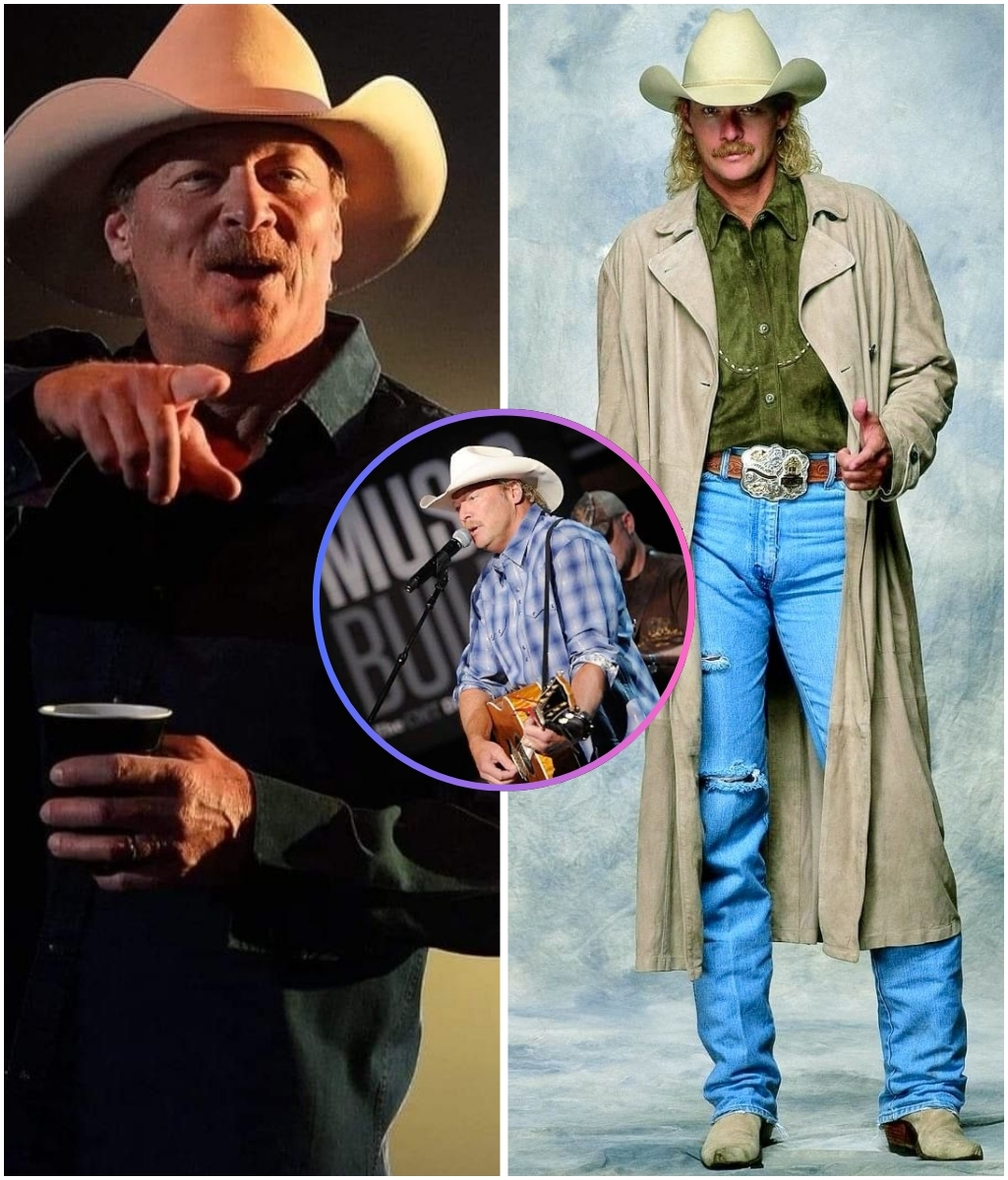
Few artists embody the heart of country music like Alan Jackson. With his tall frame, soft drawl, and unmistakable blend of honky-tonk tradition and heartfelt balladry, he has become more than a performer — he has become a symbol of authenticity. From his earliest dreams in small-town Georgia to his rise as one of the genre’s greatest legends, Alan’s journey tells the story of a man who never strayed from the values that shaped him, even as fame carried him across the world.
Born in Newnan, Georgia, in 1958, Alan grew up in modest surroundings, the youngest of five children. His roots were humble, but his dreams were big. Inspired by gospel songs sung in church and the classic country voices of Hank Williams, George Jones, and Merle Haggard, Alan learned early on that music could be both simple and profound — a mirror of everyday life. At 20, he married his high school sweetheart, Denise, who would later play a pivotal role in his journey to Nashville.
Alan’s road to success wasn’t paved with shortcuts. He started by performing in small clubs, chasing honky-tonk dreams with little more than his guitar and determination. When Denise, working as a flight attendant, happened to meet Glen Campbell in an airport, she boldly handed him Alan’s demo tape. That chance moment opened the door to Nashville, where Alan would sign with Arista Records in 1989 — a turning point that would change everything.

His debut album, Here in the Real World, introduced a new kind of country star: one who honored tradition while speaking directly to the heart. Songs like Wanted and Chasin’ That Neon Rainbow resonated with working-class listeners who saw their own lives in his lyrics. By the time Don’t Rock the Jukebox and Chattahoochee hit the charts, Alan was no longer chasing the dream — he was living it, carrying honky-tonk grit into mainstream success without ever losing his roots.
What makes Alan Jackson stand apart is his timeless style. In an industry that often shifts with trends, he remained loyal to the sound of steel guitars, fiddles, and storytelling lyrics. Songs like Remember When and Where Were You (When the World Stopped Turning) proved that country music could be both deeply personal and profoundly universal. His ability to capture moments — whether the innocence of young love, the pain of national tragedy, or the sweetness of nostalgia — has made his catalog one of the richest in country music history.
Yet even with 35 chart-topping singles, 17 platinum albums, and membership in the Country Music Hall of Fame, Alan’s greatness has never come from numbers. It has come from his humility. Fans see in him not just a star, but a man who still belongs to the people — who sings about family, faith, hard work, and love with sincerity that never feels forced.
Today, as Alan faces health challenges, his legacy shines brighter than ever. His influence can be heard in a new generation of country artists who look to him as a guiding light. But perhaps his greatest gift is the way his songs continue to inspire millions — reminding us that country music is not about spectacle, but about truth.
From honky-tonk dreams to country greatness, Alan Jackson’s journey is proof that authenticity never goes out of style. His voice, his stories, and his timeless spirit will forever echo across the heart of country music.
